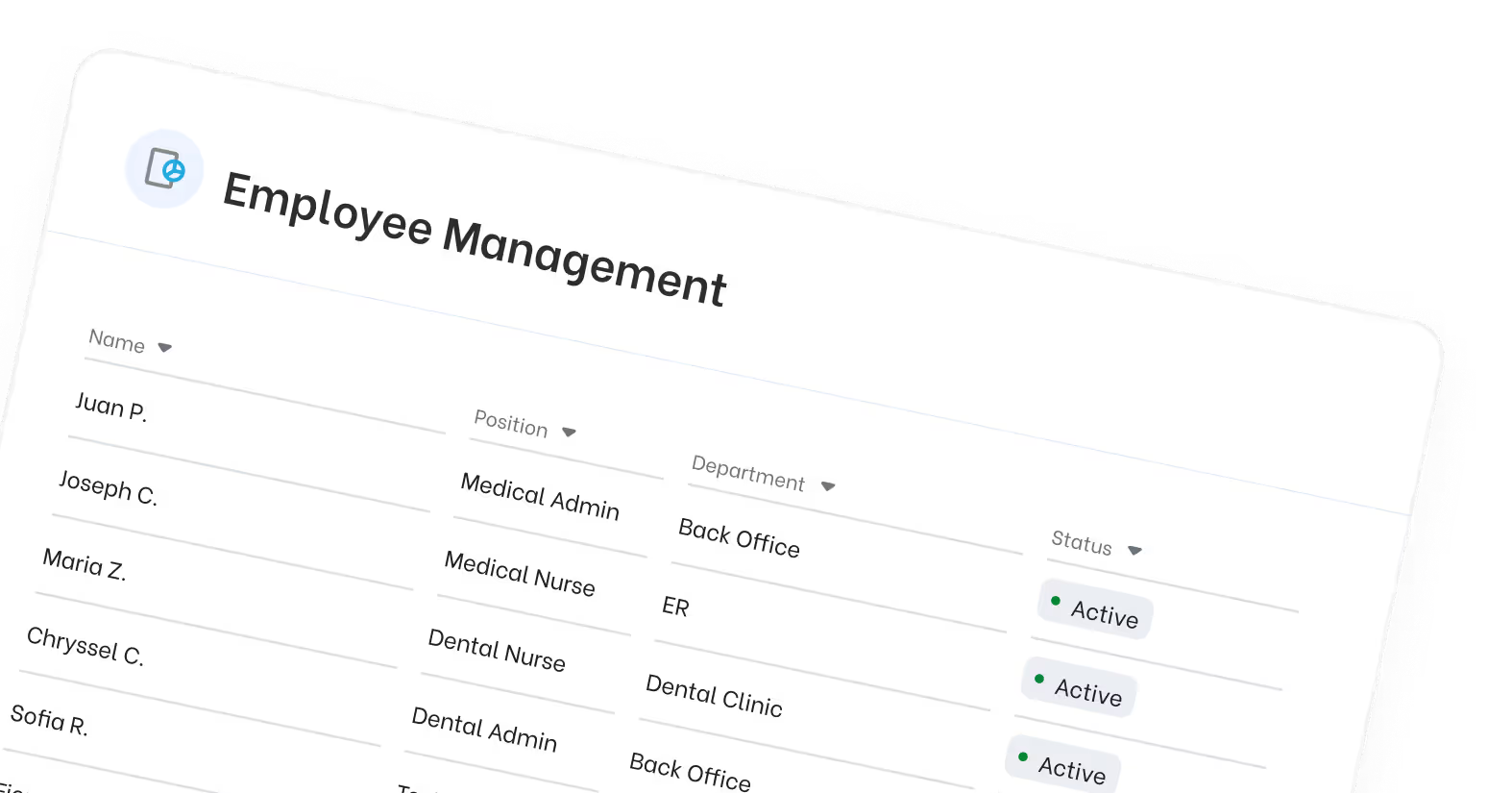What Does POS 21 Mean in Medical Billing?

POS 21 in medical billing refers to services rendered to patients who have been formally admitted to an inpatient hospital in the United States. It indicates that healthcare services were provided in a hospital setting where patients stay overnight or longer for hospital admitted treatments, including observation, elective surgery, or intensive care in critical care units.
In U.S. medical billing, Place of Service (POS) codes are two-digit identifiers used on professional claims to specify the location where medical services were provided. These codes, maintained by the Centers for Medicare & Medicaid Services (CMS), are essential for accurate billing and claims processing, ensuring that healthcare providers receive proper reimbursement rates based on the care setting.
MedVirtual is committed to helping U.S. healthcare providers and practice managers streamline complex billing practices, including complex service billing for inpatient and outpatient care. In this blog, we’ll explain what POS 21 means in the U.S. context, when to use it, why accuracy matters, and how it affects patient accounts and reimbursement.
Whether you're part of a hospital billing department, a skilled nursing facility, a community health center, or an external billing agency within the U.S., understanding what does POS 21 mean in medical billing can help prevent revenue loss and ensure compliance with payer rules and federal regulations.
Defining POS 21
POS 21 stands for “Inpatient Hospital” in the place of service code set. It indicates that the service was provided to a patient who has been formally admitted to a hospital for at least one overnight stay and is receiving care under the supervision of a physician.
According to the Centers for Medicare & Medicaid Services (CMS), POS 21 refers to:
“A facility, other than a psychiatric facility, which primarily provides diagnostic, therapeutic (both surgical and nonsurgical), and rehabilitation services by, or under, the supervision of physicians to patients admitted for a variety of medical conditions.”
This is the correct POS code to use when a provider delivers evaluation, management, or procedural services to a patient during their hospital stay. This includes anything from post-operative rounds and physical therapy to managing chronic illness complications, palliative services, or even acute care in the intensive care unit.
Using POS 21 correctly ensures that claims for inpatient services are reimbursed at the appropriate facility rates and meet payer compliance requirements.
When to Use POS 21
You should use POS 21 on medical claims when a healthcare service is provided within a hospital setting after a patient has been formally admitted. This code is applicable regardless of the department (medical, surgical, cardiac, etc.) as long as the patient is classified as an inpatient.
Common examples of services that fall under POS 21 include:
- Post-surgical evaluations for admitted patients after elective surgery
- Inpatient management of chronic conditions (e.g., heart failure, diabetes complications)
- Critical care or intensive monitoring in an ICU or operating quarters
- Daily rounding by physicians or hospitalists in the hospital's main campus
- Procedures performed during the inpatient stay, including medical procedures and diagnostic services in diagnostic imaging centers
- Psychiatric care provided as part of a medical hospital admission (non-psychiatric facility)
- Services provided in assisted living facilities or skilled nursing care settings when classified as inpatient
Do not use POS 21 for services delivered in hospital emergency departments (POS 23), outpatient hospital departments (POS 22), observation services that do not result in formal admission, or in ambulatory primary medical care settings such as a physician’s office, local public health clinic, urgent care facility, or private residence. Incorrect use can lead to claim denials or misaligned reimbursement.
In short: If your patient is formally admitted to the hospital, POS 21 is the appropriate code.
Importance of Accurate POS 21 Usage
Using POS 21 accurately is essential for correct coding, billing accuracy, and safeguarding your organization from compliance issues. While it may seem like a technicality, getting this code wrong can significantly impact your financial outcomes.
Proper Reimbursement and Rate Calculations
Insurance payers use the POS code to determine how much to reimburse. Services billed under POS 21 are paid at facility rates, which differ from non-facility rates applied in outpatient settings. Misclassifying the setting can lead to underpayments or requests for refunds.
Compliance and Audit Risk
Incorrectly using POS 21 when a patient wasn’t formally admitted can raise red flags during payer audits. This includes services billed as inpatient when only emergency or outpatient care was provided, such as an emergency room visit or care in a military treatment facility. Repeated misuse may lead to recoupments, penalties, or exclusion from payer networks.
Workflow and Billing Efficiency
Getting the POS code right first helps your billing team avoid claim rework, denials, and back-and-forth appeals. Accurate POS coding supports faster claims processing, clean patient account management, and easier integration with your practice management and billing software.
Accurate POS coding is a foundation for effective, compliant billing.
Common POS 21 Coding Errors to Watch Out For
Despite clear CMS guidelines, POS 21 is often applied incorrectly, especially in large or fast-paced hospital environments.
Mistaking Observation or Emergency Services for Inpatient Care
A common error is billing POS 21 for patients under observation status or those treated in the hospital emergency room or hospital emergency departments. If the patient has not been formally admitted, the correct POS is typically POS 22 (Outpatient Hospital) or POS 23 (Emergency Room – Hospital).
Inadequate Documentation of Admission
POS 21 must be supported by a valid hospital admission order signed by a physician. Missing or improperly documented admissions can lead to denials and compliance reviews.
Using POS 21 for Off-Campus Hospital Clinics
If services are provided in a hospital-owned clinic that is not part of the inpatient facility (e.g., off-campus outpatient department, local public health clinic, or community health center), POS 22 should be used, not POS 21.
Avoiding these errors requires ongoing training, clear documentation practices, and reliable internal checks. Even experienced billing teams benefit from periodic audits to catch and correct misuse.
Stay Compliant and Confident with POS 21
Accurate use of POS 21 in medical billing is critical to avoiding denials, ensuring compliance, and receiving proper payment for inpatient services. Understanding where it applies and how to use it correctly protects your revenue cycle and reduces costly errors.
At MedVirtual, we provide virtual medical billing assistants trained in inpatient and outpatient coding practices. Our team supports your revenue cycle by ensuring that every claim is submitted clean, accurate, and compliant, so your focus stays on patient care.

Ready to Improve Your Billing Accuracy?
Let MedVirtual help you simplify your billing workflow with experienced virtual medical billing professionals.
Visit medvirtual.ai to learn how we can help your practice avoid coding errors, reduce claim denials, and maximize reimbursement.






